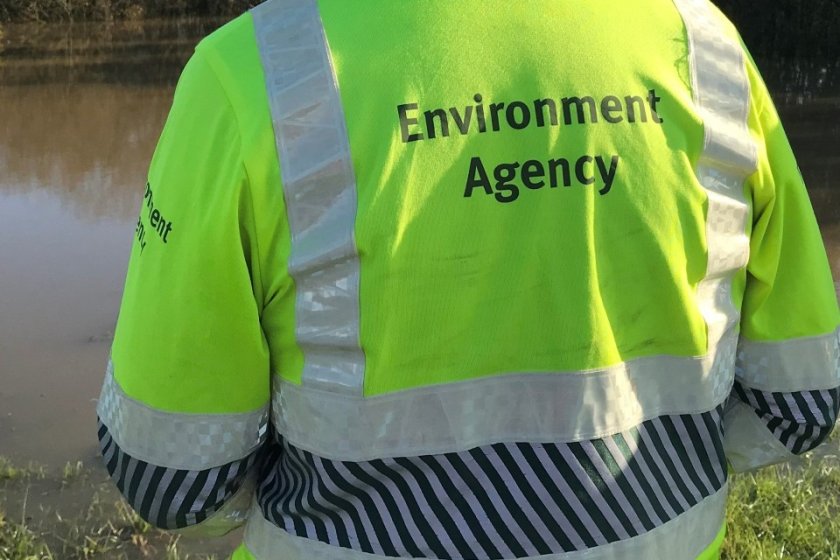Environment Agency issues water shortage warning for farmers

The Environment Agency has told farmers to take immediate action to conserve water and secure supplies for their crops this summer, following England’s driest spring since 1893.
Concerns are mounting over potential water shortages later in the summer, particularly in East Anglia, while parts of the North West and Yorkshire are already experiencing drought, with other regions at risk.
The prolonged dry conditions have forced many growers to start irrigation earlier than usual, relying heavily on stored water reserves without significant rainfall relief.
To help manage the situation, the Environment Agency has today (26 June) pledged increased support to assist farmers in using water more efficiently.
Farmers, especially those depending on farm reservoirs, are encouraged to take steps such as minimising leaks from irrigation equipment, closely monitoring crop water needs, and scheduling irrigation during cooler times of the day to reduce evaporation.
Richard Thompson, deputy director for water resources at the Environment Agency, emphasised the agency’s partnership with farmers to ensure water access while protecting the environment.
He urged farmers to “take action now to conserve water as we enter the summer and to use water resources as efficiently as possible.”
Spray irrigation, essential for protecting crops during hot, dry periods, is under increasing pressure due to declining river and groundwater levels in some areas, the agency warned.
Without further rainfall, it said that some farmers may face restrictions on water abstraction that could limit their ability to irrigate.
Mr Thompson highlighted the agency’s National Framework for Water Resources, which includes measures to help farmers build water resilience, support local solutions, and incorporate real-time data for more sustainable water management.
Released last week, the framework warns that climate change and population growth could lead to a daily water shortfall of five billion litres by 2055 unless action is taken.
It outlines how agriculture can respond through the adoption of smart technologies such as soil moisture sensors and efficient irrigation systems, and by encouraging cooperation through Water Abstractor Groups.
Mr Thompson concluded: “As our climate changes, coordinated action is critical to secure our water future, protect food production, and drive resilience and growth across farming and rural communities."
The warning comes on top of an already bruising year for farmers, who have been dealt a £1 billion financial blow following the exceptionally wet winter of 2023/24.
New figures from Defra show that despite an overall rise in UK farm income — up from £6.1 billion in 2023 to £7.7 billion in 2024 — income from key arable crops plummeted.
Arable income fell by £1.19 billion, driven by a 20% drop in wheat output following months of waterlogged fields.








